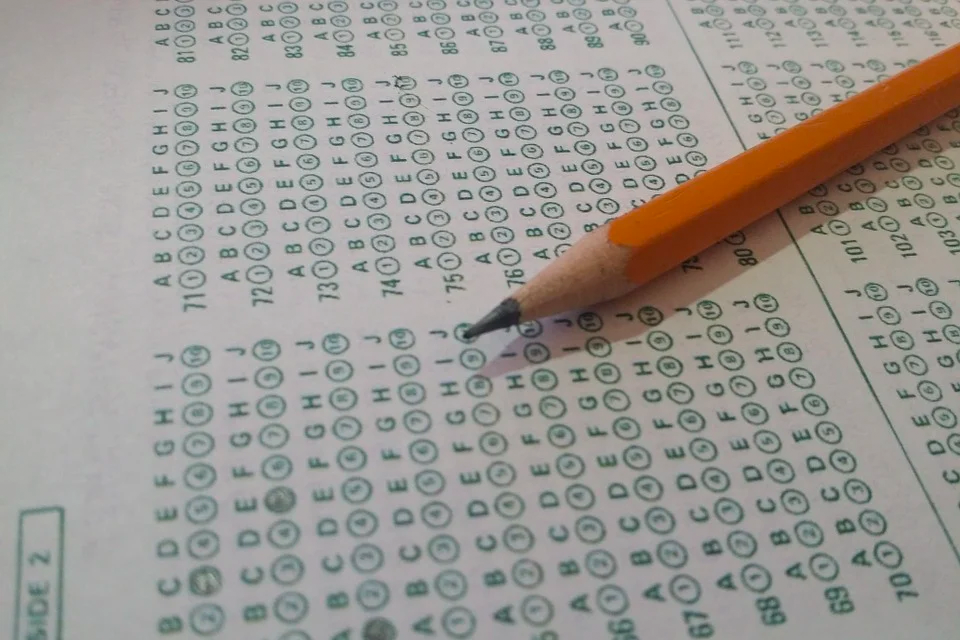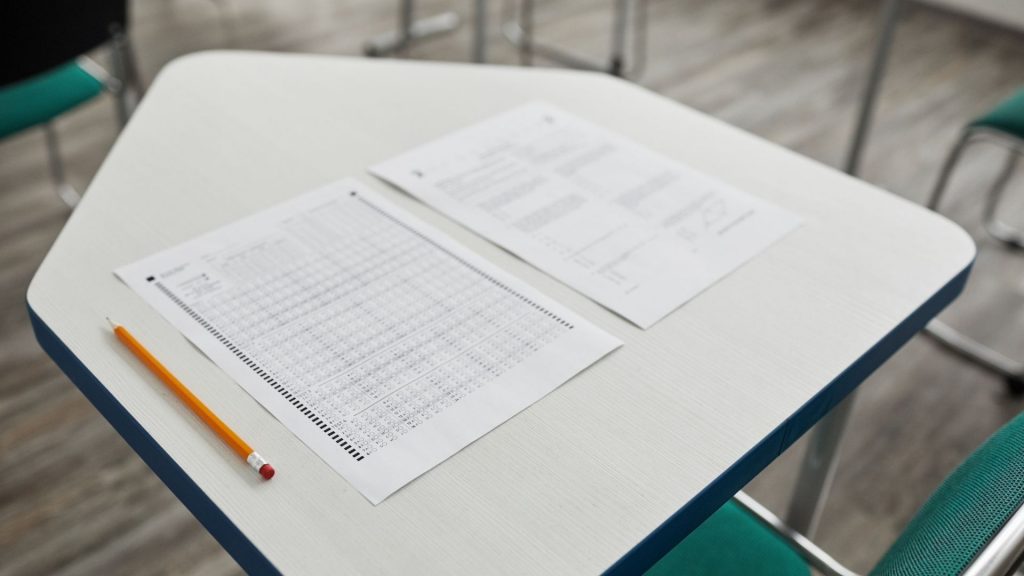When Guessing Pays Off: How Students Can Guess Their Way Through Exams In This State
Students in this state have an easy way to succeed when guessing the same response letter on standardized tests.

For years students have been taught that if they’re uncertain of a test response, just choose C. It is well known that C is a good guess, but one New York educator has come forward to expose why this is giving students in New York a way to get around having to study and actually learn material. While guessing on entire tests isn’t recommended, students in the state have such low passing requirements that many do so.
Ed Knight recently spoke out about low New York Regents exam expectations. While a 60% or higher score has been a standard requirement to pass a test, this state’s high school exit exam only requires students to achieve a 19.8%. This allows students to guess on tests and still pass, which has led to a high number of high school graduates who offer low performances.
Although the New York Regents exam has been canceled for the past three years, due to COVID and the Buffalo shooting, educators are questioning if the exam should be permanently removed. While not all states give high school students exit exams in order to graduate, many private schools do and they place stricter requirements on students to ensure that they can display what they have learned. By allowing the test to hold such a low expectation, guessing on the exam is more common.
Teachers like Knight are asking, is 20% really an appropriate baseline? The majority of parents would not accept their child only learning 20% of their lessons if they paid for private school. This trend of guessing on tests has also been affected by the pandemic.
Students suffered through unprecedented challenges throughout the past two years. They have experienced learning loss, and are collectively struggling to make up for learning gaps. While states have offered everything from tutoring services to remedial lessons in class, students may be more inclined to guess on tests now more than ever.
The pressure to catch up is affecting entire grades. Public schools’ student performance determines class year planning and even affects budgets. Teachers are under more scrutiny than ever while the children they are teaching are not catching up as quickly as predicted. Knowing that so many people expect them to succeed, youth mental health is suffering and children may actually feel as if they have to guess on tests rather than admit they don’t know the content.

This is one of the points of movements working to remove standardized testing. Various parents, educators, and even school officials believe there are more constructive ways to help students display that they understand what they have been taught. Instead of dealing with test anxiety or having to guess on tests, students who are asked to give a presentation, build a model, or show what they’ve learned in other ways rather than sit and fill in bubbles on a scantron sheet are able to succeed just as well as those who pass tests. In addition, they are given a more realistic view of what adulthood is like being that most professionals do not have to take tests to earn or keep their jobs.
Whether New York officials are planning to instate alternative testing measures or will drop the Regents exam altogether, many students are passing by guessing on these tests. It may gain them a diploma, but it doesn’t teach them how to prove that they are knowledgeable. Nor do the state’s low passing expectations set them up for future success.



